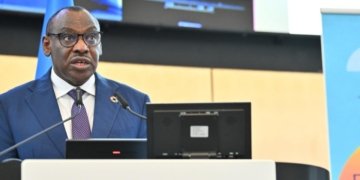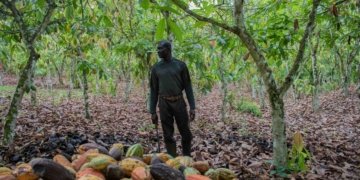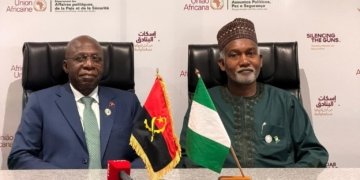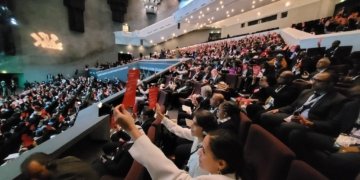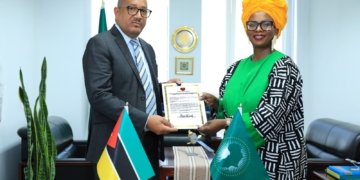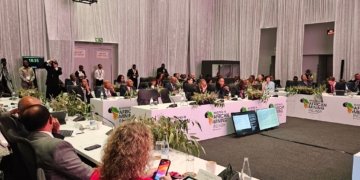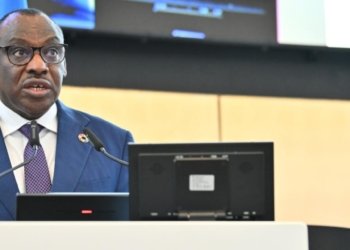JOHANNESBURG (BG) — Southern Africa faces persistent challenges in poverty and inequality, but the African Continental Free Trade Area (AfCFTA) presents an opportunity to drive economic growth and improve living standards in the region.
A recent report by the United Nations Economic Commission for Africa examines how the trade agreement can be leveraged to address these socioeconomic issues.
The report highlights that nearly half of Southern Africa’s population lives in extreme poverty, with countries such as Mozambique, Angola, Malawi, Zambia and Namibia experiencing high levels of multidimensional poverty.
Mozambique, for instance, has 73.1% of its population classified as multidimensionally poor.
Despite the region’s wealth in natural resources—including oil, gas and minerals—economic disparities persist due to structural challenges such as unemployment, low education levels and corruption.
The AfCFTA, officially launched in January 2021, aims to create a single market for goods and services across the continent, according to the report titled “Leveraging the African Continental Free Trade Area for the Reduction of Poverty and Inequality in Southern Africa.”
The agreement is expected to enhance industrialization, digitalization and value-chain development by eliminating trade barriers.
Increased intra-African trade is projected to generate better-paying jobs, attract foreign investments and foster economic diversification, ultimately reducing poverty and inequality.
The report also notes significant challenges in implementing the AfCFTA. Many Southern African economies face capacity constraints that limit their ability to scale up production and increase exports.
Protectionist policies in some countries hinder the full benefits of regional integration.
The high cost of trade, infrastructure deficits and non-tariff barriers pose challenges that must be addressed to fully realize the agreement’s potential.
Despite these challenges, the report suggests that if properly implemented, the AfCFTA could become a key instrument in reducing poverty and inequality in Southern Africa.
Governments must invest in infrastructure, education and policy reforms to maximize the benefits of economic integration.
Increased trade and industrial development, along with targeted social programs, could significantly improve livelihoods and reduce economic disparities across the region.
“Apart from creating business opportunities for women and young people, the economic and non-economic channels can enable Governments to overcome poverty, inequality and disaster vulnerability in Southern Africa,” the report said.
AfCFTA at a Glance
In 2012, the Assembly of Heads of State and Government of the African Union adopted a decision to establish the AfCFTA. Negotiations began in 2015 in Johannesburg and concluded in March 2018 in Kigali, where the agreement was signed shortly after.
It took effect in May 2019, and the trade area was officially launched in January 2021.
The AfCFTA is the largest regional free trade area in the world by membership, population, and size, covering approximately 1.3 billion people and a GDP of around $3.4 trillion.
It enjoys strong support from African governments, as shown by the fact that as of May 2023, almost all had signed the agreement, and well over four-fifths had ratified it, including nine in Southern Africa, according to the ECA.


